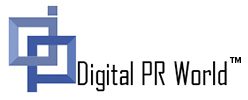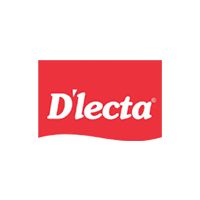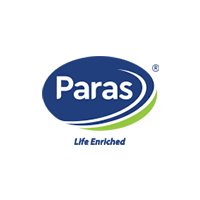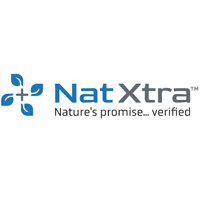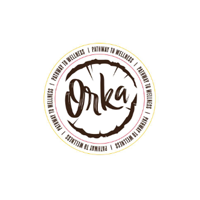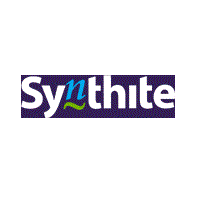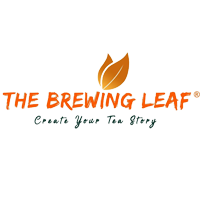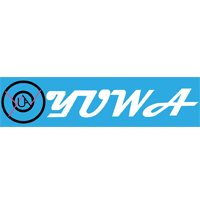Global population is increasing along with life expectancy of common people; chronic diseases are also on rise; people’s expectations from healthcare providers are changing. Add to that regulatory compliance for ensuring patient-centered services. Employee and worker satisfaction has also become a key concern. All these pushing up cost of healthcare and at the same time putting pressure on bottom line for providers.
These challenges have made digitization is the only solution; connected healthcare processes not just help making data backed decisions but also reduce operational costs by increasing efficiency in the system. However, with digitization we are faced concerns of data safety also. Protecting sensitive healthcare data is a major headache for any system administrators in the sector.
Blockchain technology
Blockchain technology is a distributed database structure, unlike centralized legacy databases, in any peer-to-peer network. It draws its power from decentralized nature of distributed database. There is no central authority and every peer in the network enjoy equal right and access to data. It makes distributed database almost impregnable from external as well as internal threats. Depending on application-specific requirements, layers can be added to block chain platform too.
Impacting healthcare industry
Blockchain technology can make lot of disruptive changes across different processes in healthcare services making data sharing secure and bringing in direct accountability across data sharing nodes.
Data exchange – the most obvious point of disruption will be data exchange across sources, starting from real time data from wearable devices to data emerging from clinical procedures.
Billing frauds – the next touch point of block chain could be billing management and claim settlement. Billing fraud is fast becoming a concern. Insurance providers are employing elaborate intermediaries to overcome these frauds causing obvious increase in administrative expenses. Block chain based billing and claim settlement applications can make all these arrangement redundant.
Counterfeit drug – a key to overcome drug counterfeiting is maintaining record of drug custody throughout the supply chain; with current structure, it’s not completely doable and full-proof. Block chains can be helpful in this field offering smart contracts and private key based apps. These can make the whole supply chain traceable with complete accountability.
Clinical trial data – often participants fail to report such data causing trouble in the trial process as well as serious health issues for patients and research bottlenecks. There are various reasons behind this, like, gap between trial participants and researcher. Block chain based solutions can offer never-before connect between participants and researchers. Also, it can secure time-stamped clinical records from fudging. This will make clinical trials more reliable.
So, you can guess that the scope is endless. We can only foresee a few with our limited imagination at this moment. Undoubtedly, soon we shall witness block chain technology making digital transformation in healthcare lot more effective and impactful.
